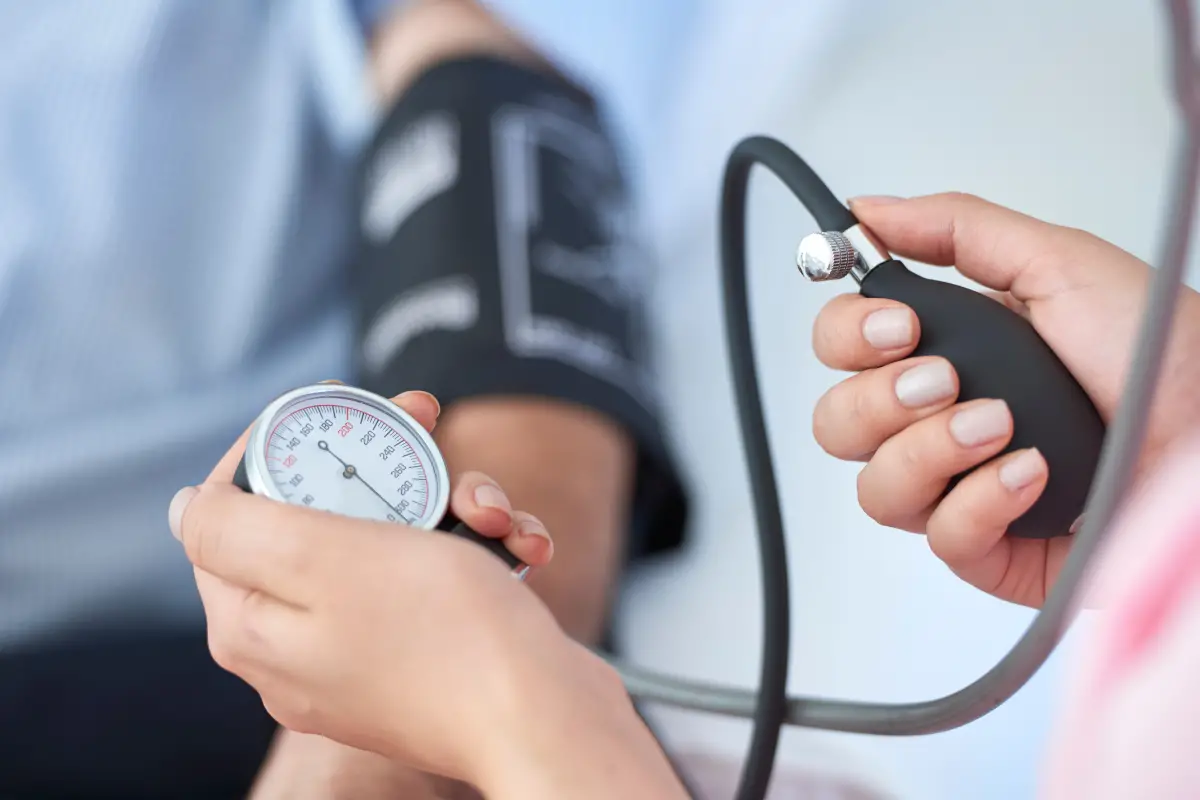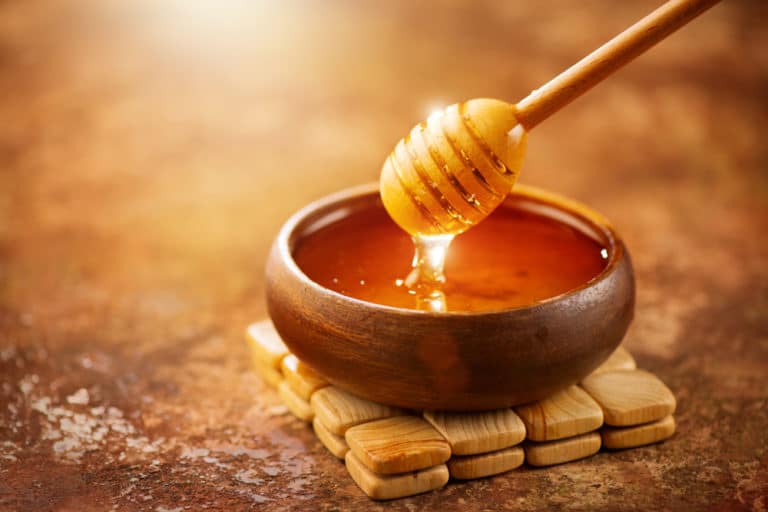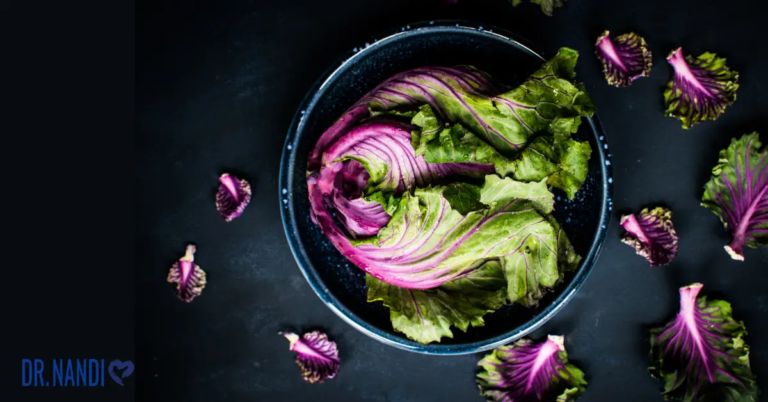High blood pressure, or hypertension, affects a significant portion of the population. About one in three American adults deals with this condition, according to the Centers for Disease Control and Prevention. However, the good news is that high blood pressure can be managed naturally through diet and lifestyle modifications. In this comprehensive guide, we will explore the best natural home remedies to lower high blood pressure. We will delve into the high blood pressure diet, backed by scientific studies, and provide additional tips, ideas, and information to help you effectively manage this condition.
High Blood Pressure Statistics and Symptoms:
High blood pressure affects approximately one in three American adults. Symptoms of high blood pressure may include the following:
• Chest pain
• Confusion
• Headaches
• Ear noise or buzzing
• Irregular heartbeat
• Nosebleeds
• Tiredness
• vision changes.
The High Blood Pressure Diet: How to Improve Your Diet to Lower High Blood Pressure:
Research shows that about 50 percent of people with high blood pressure fail to control their condition. Lifestyle changes, including dietary modifications, play a crucial role in promoting overall heart health. By following a high blood pressure diet, such as the DASH (Dietary Approaches to Stop Hypertension) diet, it is possible to lower blood pressure significantly.
Vegetables:
Consuming a variety of vegetables is essential in any high blood pressure diet, as they are high in antioxidants, fiber, and essential nutrients. A study published in the Journal of the American Medical Association found that people who ate a mostly plant-based diet had lower blood pressure readings than meat eaters.
Fresh Fruit:
Incorporate fresh fruits into your high blood pressure diet to increase your intake of fiber, electrolytes like potassium and magnesium, and antioxidants. Numerous delicious foods support healthy blood pressure levels. Check them out here.
Lean Proteins:
Include sources of lean proteins in your high blood pressure diet, such as wild-caught seafood, cage-free eggs, and grass-fed/pasture-raised meats.
Beans and Legumes:
Beans and legumes are excellent natural remedies for high blood pressure. Soaking beans overnight before cooking enhances their nutritional value.

Healthy Fats:
Incorporate healthy fats into your high blood pressure diet, such as nuts, seeds, avocados, coconut oil, and extra virgin olive oil.
100 Percent Whole Grains (Ideally Sprouted):
Include whole grains rich in fiber and minerals in moderation as part of your high blood pressure diet.
Organic, Unsweetened Dairy Products:
Choose high-quality organic, unsweetened dairy products like yogurt and kefir as part of your high blood pressure diet.
The DASH Diet Protocol for Lowering Blood Pressure:
The DASH diet is widely recognized as an effective eating plan for lowering high blood pressure naturally. Developed by researchers sponsored by the U.S. National Institutes of Health, it emphasizes a variety of healthy foods while reducing intake of high-sodium, high-sugar, and unhealthy fat-laden foods.

Tips for Lowering Blood Pressure:
Cook More at Home:
Preparing homemade meals using fresh, nutrient-dense ingredients allows for better control over sodium and sugar intake while increasing the consumption of blood pressure-lowering nutrients.
Increase Fiber Consumption:
Aim to consume plenty of fiber through unprocessed plant foods as part of your natural remedies for high blood pressure.
Lower Your Sodium Intake:
A low-sodium diet is recommended for controlling high blood pressure naturally.
Get More Potassium:
Maintaining an adequate potassium-to-sodium ratio is crucial for healthy blood pressure levels.
Stay Hydrated:
Drinking enough water daily is essential for maintaining proper blood volume, preventing dehydration, and supporting healthy blood pressure levels.
Consider Supplementation:
In research, daily use of NAC reduced hypertension (high blood pressure), which is a significant contributor to atherosclerosis (plaque build-up in the arteries). The same study also suggested NAC may reduce your blood’s homocysteine levels. High levels of homocysteine can increase your risk of heart disease

Practice Portion Control:
Focusing on nutrient-dense foods and practicing mindful eating helps manage portion sizes and maintain a balanced diet to lower high blood pressure naturally.
Additional Remedies for Lowering Blood Pressure:
Incorporate the following home remedies into your routine, while consulting a healthcare professional, to help manage high blood pressure naturally:
Beet juice, Apple cider vinegar, Hawthorn, Celery juice, Pomegranate juice, Flaxseed, Turmeric, Cat’s claw, Green tea, Dark chocolate.
Additional Lifestyle Changes:
Incorporate these lifestyle changes along with dietary modifications for optimal management of high blood pressure naturally:
Quit smoking, prioritize sleep, maintain a healthy diet, stay hydrated, monitor blood pressure regularly, manage underlying health conditions, and consult a healthcare professional.
By following a comprehensive high-blood-pressure diet, incorporating natural remedies, and making lifestyle changes, it is possible to manage high blood pressure naturally. Consistency and ongoing effort are key. Remember to consult healthcare professionals for guidance and monitor your blood pressure regularly to ensure optimal results in maintaining a healthy blood pressure range.
My Personal RX on Managing High Blood Pressure Naturally
High blood pressure silently damages your cardiovascular system, often without symptoms until serious complications arise. After treating thousands of patients with hypertension, I’ve learned that managing blood pressure requires a comprehensive approach combining nutrition, supplementation, stress management, and lifestyle modifications. Your arteries need proper support to maintain healthy blood flow and pressure levels. Simple daily actions can make a dramatic difference in protecting your heart and reducing your risk of stroke, heart attack, and kidney disease.
- Support Cardiovascular Function at the Cellular Level: Heart health starts with cellular energy production. CoQ10 is essential for heart health and muscular function, supporting ATP production for the cellular energy your cardiovascular system needs to function optimally. This powerful antioxidant protects cells from oxidative damage and maintains cardiovascular health. CoQ10 levels decline with age and with statin use, making supplementation increasingly important for blood pressure management and overall heart health.
- Optimize Blood Pressure with Magnesium: Magnesium deficiency is common and directly linked to high blood pressure. Magnesium Essentials provides three forms of highly absorbed magnesium for maximum absorption with no GI side effects. This formula provides cardiovascular and blood pressure support, boosts ATP production for increased energy levels, supports healthy glucose levels, provides restorative sleep, and reduces inflammation in the body. Magnesium helps relax blood vessels, making it one of the most important minerals for healthy blood pressure levels.
- Move Your Body Daily: Aim for at least 30 minutes of moderate physical activity most days. Walking, swimming, cycling, or dancing can lower blood pressure by improving circulation and helping blood vessels stay flexible and responsive.
- Follow a DASH-Style Eating Pattern: Focus on vegetables, fruits, whole grains, lean proteins, and healthy fats while limiting sodium, processed foods, and added sugars. This eating pattern has been proven to lower blood pressure as effectively as some medications.
- Manage Stress Through Daily Practices: Chronic stress keeps your blood pressure elevated. Practice stress-reduction techniques like deep breathing, meditation, or yoga for at least 10 minutes daily. Even a five-minute breathing workout can lower blood pressure as effectively as medication.
- Reduce Sodium and Increase Potassium: Limit sodium to less than 2,300 mg daily while increasing potassium-rich foods like bananas, sweet potatoes, spinach, and avocados. Proper sodium-potassium balance is essential for healthy blood pressure regulation.
- Monitor Your Blood Pressure at Home: Regular home monitoring helps you understand how diet, stress, and lifestyle choices affect your readings. Keep a log to share with your healthcare provider for better treatment decisions.
- Prioritize Quality Sleep Every Night: Poor sleep raises blood pressure and increases cardiovascular risk. Aim for seven to nine hours of quality sleep in a dark, cool room. Establish a consistent bedtime routine to improve sleep quality.
- Limit Alcohol and Quit Smoking: Both alcohol and tobacco raise blood pressure and damage blood vessels. If you drink, limit intake to one drink daily for women and two for men. Seek support to quit smoking completely.
- Stay Consistently Hydrated: Adequate water intake supports healthy blood volume and kidney function, both essential for blood pressure regulation. Aim for eight to ten glasses of water daily, adjusting for activity level and climate.
References:
Centers for Disease Control and Prevention
Journal of the American Medical Association
National Heart, Lung, and Blood Institute











 Subscribe to Ask Dr. Nandi YouTube Channel
Subscribe to Ask Dr. Nandi YouTube Channel









